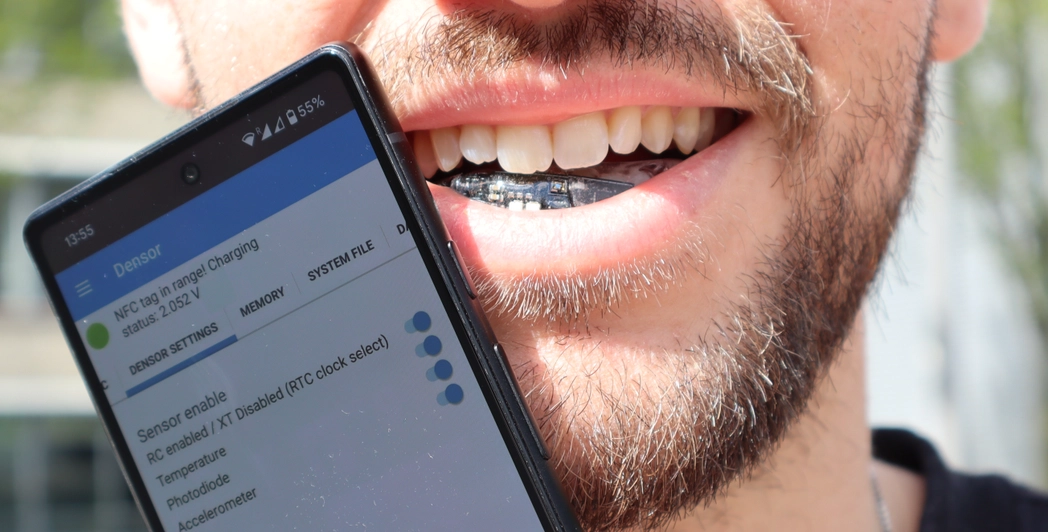A group of Australian scientists from The University of Queensland published research describing a novel methodology of jaw bone rebuilding using a 3D printer and biocompatible materials.
Usually, such a procedure requires two surgeries – placing the implant and the second one for removing the scaffold. However, the invented approach eliminates the need for the second stage because the used scaffold just dissolves in the human body.
Research details
During the experiment, clinicians made a scan of the injured part of a 46-year-old patient and then modeled a special scaffold for implantation made of polycaprolactone – a medical-grade resorbable and dimensional stable polymer.

The polymer has three stages of degradation, as scientists observed during research:
- initial decrease of molecular weight
- loss of mechanical properties
- loss of mass throughout the scaffold

This material is highly biocompatible, as proved during post-surgical observation – no health complications were found in the patient six months after the implantation. While polycaprolactone is less precise than titanium analogs, the polymer-involved implantation is accurate enough to provide patients with sufficient health outcomes. Moreover, a novel approach may become a much more cost-effective alternative to existing restorative methodologies, allowing more people to access such procedures.
What's next?
This was the first case of polycaprolactone-involved restorative operation in Australia, and considering its success, clinicians conducted nine more operations. Further studies are required to improve the technique, but its current results are pretty promising, and perhaps such an approach may become widespread in further years.
Read other technology-related news on our Newsfeed:




